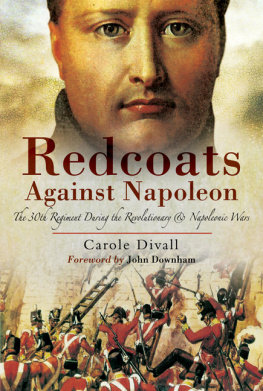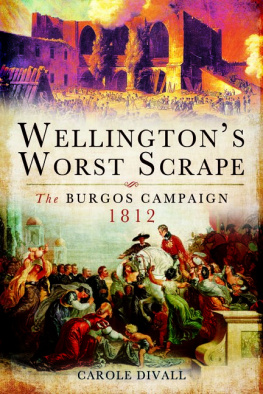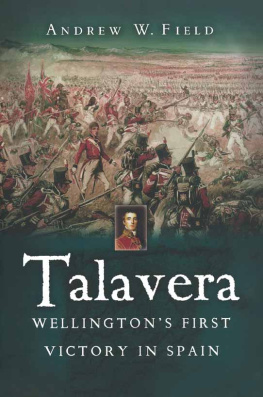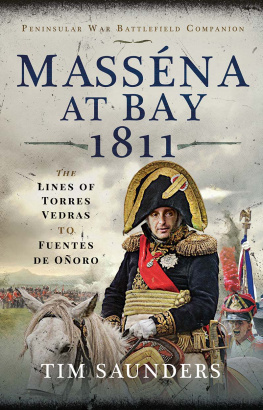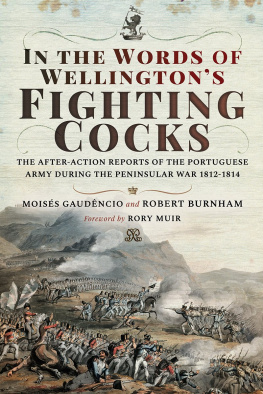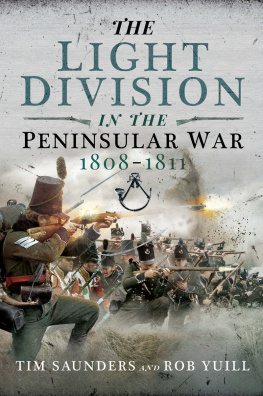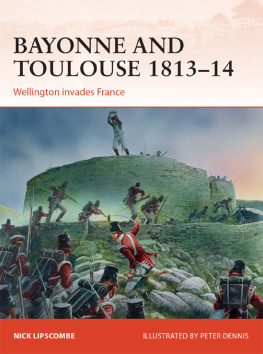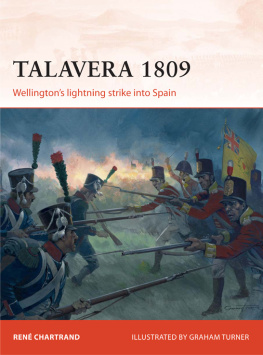First published in Great Britain in 2021 by
Pen & Sword History
An imprint of
Pen & Sword Books Ltd
Yorkshire Philadelphia
Copyright Carole Divall 2021
ISBN 978 1 52677 402 6
eISBN 978 1 52677 403 3
The right of Carole Divall to be identified as Author of this work has been asserted by her in accordance with the Copyright, Designs and Patents Act 1988.
A CIP catalogue record for this book is available from the British Library.
All rights reserved. No part of this book may be reproduced or transmitted in any form or by any means, electronic or mechanical including photocopying, recording or by any information storage and retrieval system, without permission from the Publisher in writing.
Pen & Sword Books Limited incorporates the imprints of Atlas, Archaeology, Aviation, Discovery, Family History, Fiction, History, Maritime, Military, Military Classics, Politics, Select, Transport, True Crime, Air World, Frontline Publishing, Leo Cooper, Remember When, Seaforth Publishing, The Praetorian Press, Wharncliffe Local History, Wharncliffe Transport, Wharncliffe True Crime and White Owl.
For a complete list of Pen & Sword titles please contact
PEN & SWORD BOOKS LIMITED
47 Church Street, Barnsley, South Yorkshire, S70 2AS, England
E-mail:
Website: www.pen-and-sword.co.uk
Or
PEN AND SWORD BOOKS
1950 Lawrence Rd, Havertown, PA 19083, USA
E-mail:
Website: www.penandswordbooks.com
Preface
T he Battle of Vitoria has been called the Waterloo of the Peninsular War, a battle that decided the fate of a nation, and of the man who had been made its king. The Iberian Peninsula had been among those lands whose destiny was decided by Napoleon Bonaparte, as he forced them into French hegemony. Portugal had already escaped the eagles grip. 1813 would finally allow Spain to do the same. And the event that dealt the fatal blow to French interests was the action at Vitoria on 21 June.
Six months before, such a decisive dismantling of French power might have seemed unlikely, if not impossible. There had been great rejoicing in Britain as the victories of 1812 had followed fast upon each other: Ciudad Rodrigo, Badajoz, Salamanca, the triumphant entry into Madrid. But then came the failed attempt to take Burgos. The humiliation of defeat was exacerbated by a shameful retreat back to Portugal. Even at the start of 1813 the Marquis of Wellington, as he then was, commanded an army where demoralization was still rife, where sickness rates made campaigning impossible, and where in some battalions discipline had broken down completely. As he looked at them in their lice-ridden rags, still to be replaced by new uniforms, he must have realized that the first battle would be to turn these vagrants back into soldiers.
As for the French, they could celebrate the return of the king to his capital, even if few of them saw him as anything other than a hollow figurehead, and they could claim that the two Castiles and La Mancha were once again firmly in their grasp. Andalusia and much of Estremadura were lost, however, and unlikely to be regained, while Galicia and Navarre were infested with guerrillas who, mushroom-like, could be defeated here and then re-appear there. Yet, however wretched the state of his army, the enemy had lived to fight another day. And looking beyond Spain, the Russian disaster meant that Napoleon needed to fight back to stem the turning tide, and fighting back needed more troops, experienced men, to replace his disastrously heavy losses. King Joseph Bonaparte knew only too well how blind his brother was to the realities of the situation in Spain. No help would come from that direction, only a call to give up troops for the campaign in Central Europe. If they could have been sure of Wellingtons intentions, it would have been possible to plan a counter-strategy. In 1811 Wellington had begun the pursuit that drove Massna out of Portugal in February. In 1812 Ciudad Rodrigo had been taken in January. Yet in 1813, as the months passed, there was no movement from the enemy.
Indeed, Wellington was in no hurry. He knew that, whatever happened, the French were and would remain on the defensive. He needed time, and time was on his side. In those early months of 1813, his army was able to recover its strength, its spirit and its discipline. There were new supply lines to establish, reinforcements to integrate, new measures to make sure the losses to those natural causes, exhaustion, exposure and sickness, would not happen again. When he was ready, he would set in motion his Anglo-Portuguese army, with its notable German cohort, and the Spanish troops that were now his to command. He would lead them back to Spain and then, at his strategic best, use them to outmanoeuvre and harry the enemy until he had no choice but to turn and fight.
Wellingtons strategy drives the narrative of the Vitoria campaign. His objectives and his means are clear, and his dispatches reveal process and progress. At the same time, many other voices, from that wealth of letters, journals and memoirs which the Napoleonic Wars engendered, add the personal dimension to the official account of events. They offer a range of experiences, perspectives and opinions which remind us that soldiers are not machines to be switched on and sent into action. They are human beings with all the strengths and weaknesses of humanity.
Taken together, even a small selection of these many eyewitness accounts creates the gamut of how men felt as they went to war; and, more to the point, how they felt as this campaign unfolded. Some are the heroes of their own story, whose accounts may need to be treated with caution. Others ask no questions and merely obey orders but can still write of the small but vivid moments that live in the memory. By blending the official and public with the individual and private we are able to judge the Vitoria campaign as both a historical event and as a deeply-felt personal experience, with all the idiosyncrasies that implies. Their time is not our time. In a past world, that foreign country where they did things differently, they had attitudes and values that may now seem strange. But, whatever the writers status, whatever the nature of his participation, these accounts help us to understand not just what happened but how it felt to be part of one of the most momentous campaigns of the Peninsular War.
As always, my thanks are due to all those who have assisted me in the preparation of this study, in particular Mick Crumplin, Andrew Bamford, John Downham and Rupert Harding for their unfailing support.
Authors note: place names have posed a particular problem. Although some can be identified despite the vagaries of spelling, others have to stand as they appear in the various contemporary works I have consulted. Quotations have also been reproduced exactly as they were originally written or printed.


